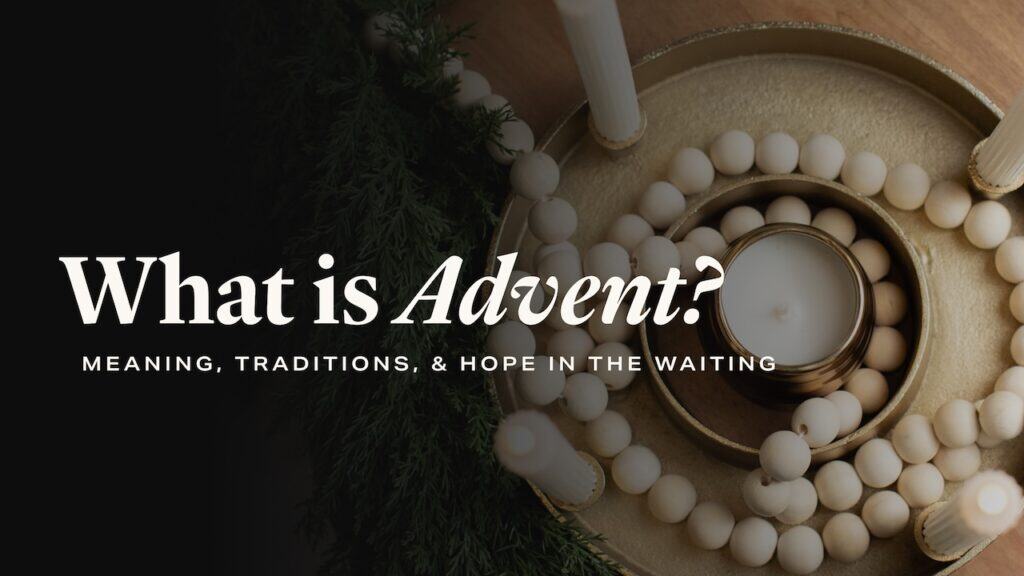In 2021, The New York Times published an article by Adam Grant, a well-known popular science author and professor, reflecting on life in a post-pandemic world. He explored the concept of languishing, describing it as follows:
“It wasn’t burnout—we still had energy. It wasn’t depression—we didn’t feel hopeless. We just felt somewhat joyless and aimless. It turns out there’s a name for that: languishing. Languishing is a sense of stagnation and emptiness. It feels as if you’re muddling through your days, looking at your life through a foggy windshield. And it might be the dominant emotion of 2021.”
Languishing is not merely a mental state—it is deeply connected to our circumstances.
If you imagine a continuum, with depression on one end and flourishing on the other, languishing sits right in the middle:
Depression ⟶ Languishing ⟶ Flourishing
According to Grant, this is where the majority of people find themselves today. Languishing is neither deep sorrow nor true joy; rather, it is a dull, stagnant existence. It feels like muddling through life, caught in a fog of uncertainty. This state of being may be one of the most dominant experiences in post-pandemic America. Think of it as post-pandemic stress syndrome—a lingering malaise that leaves many feeling directionless. Perhaps the trauma and damage of the past four years have caught up with us, and we’re unsure how to move forward.
If we’re honest, things are not just difficult culturally—they are also challenging spiritually. Every day brings news of another mass shooting, a celebrity scandal, a government crisis, or a shocking crime. On a personal level, the cost of living continues to rise, making it increasingly difficult to afford housing, rent, or daily necessities. Over the past four years, many have found themselves stuck in the middle, unable to flourish.
I wonder how many people in your sphere of influence are languishing right now?
Hope in the Midst of Languishing
Here’s the good news: in a world filled with languishing, God is offering us flourishing.
J.R.R. Tolkien once wrote that there is a “joy beyond the walls of the world, more poignant than grief.” Our culture has a framework for how we are supposed to show up, live, and participate in society. But if we’re honest, that framework has run out of joy.
The book of Philippians is an invitation to look beyond the walls of our present culture into the joy of the Kingdom of God—a joy that is potent and resilient.
Philippians is an important book not only because of the circumstances in which it was written but also because of the community to whom it was addressed and the promises it holds for us today. Some of the most powerful and encouraging passages in Scripture are found in Philippians:
- “For to me, to live is Christ and to die is gain.” (Philippians 1:21)
- “Have this attitude in yourselves which was also in Christ Jesus.” (Philippians 2:5)
- “Rejoice in the Lord always. I will say it again: Rejoice!” (Philippians 4:4)
- “And the peace of God, which transcends all understanding, will guard your hearts and your minds in Christ Jesus.” (Philippians 4:7)
- “I can do all this through Him who gives me strength.” (Philippians 4:13)
- “And my God will meet all your needs according to the riches of His glory in Christ Jesus.” (Philippians 4:19)
These are not just inspirational verses for wall hangings or sentimental greeting cards. When understood in context, they are a roadmap out of languishing and into spiritual flourishing.
Philippians is a book filled with profound encouragement and deep reflections on perseverance. It is intensely personal, revealing the close relationship between the apostle Paul and the Philippian church. Though this letter is ancient, it is strikingly relevant to our lives today. It offers wisdom, support, and inspiration while calling us to more.
This letter is joy-producing, Gospel-focused, prayer-inclining, eternity-gazing. But above all, Philippians calls us to live as joyful citizens of heaven even while we walk on this earth.
“Above all, you must live as citizens of heaven, conducting yourselves in a manner worthy of the Good News about Christ.” (Philippians 1:27, NLT)
Philippians is both a call and an invitation—a call to step out of languishing and into the abundant life of our true citizenship in heaven. True and lasting joy is found when we live out our heavenly identity while still on earth.
Reflection & Application Questions
- Where would you place yourself on the continuum from depression to flourishing? Take a moment to honestly assess where you are spiritually and emotionally.
- What are some cultural influences that have contributed to a sense of languishing in your life? How does Philippians challenge you to shift your focus toward joy and perseverance?
- What is one step you can take this week to move toward flourishing? Consider a specific action, prayer, or mindset shift that aligns with your heavenly citizenship.
To dive deeper into the themes in Philippians, check out our 12-episode series called The Book of Philippians with Pastor Tony Calabrese—only on the QAVA app. Get started for free here.









